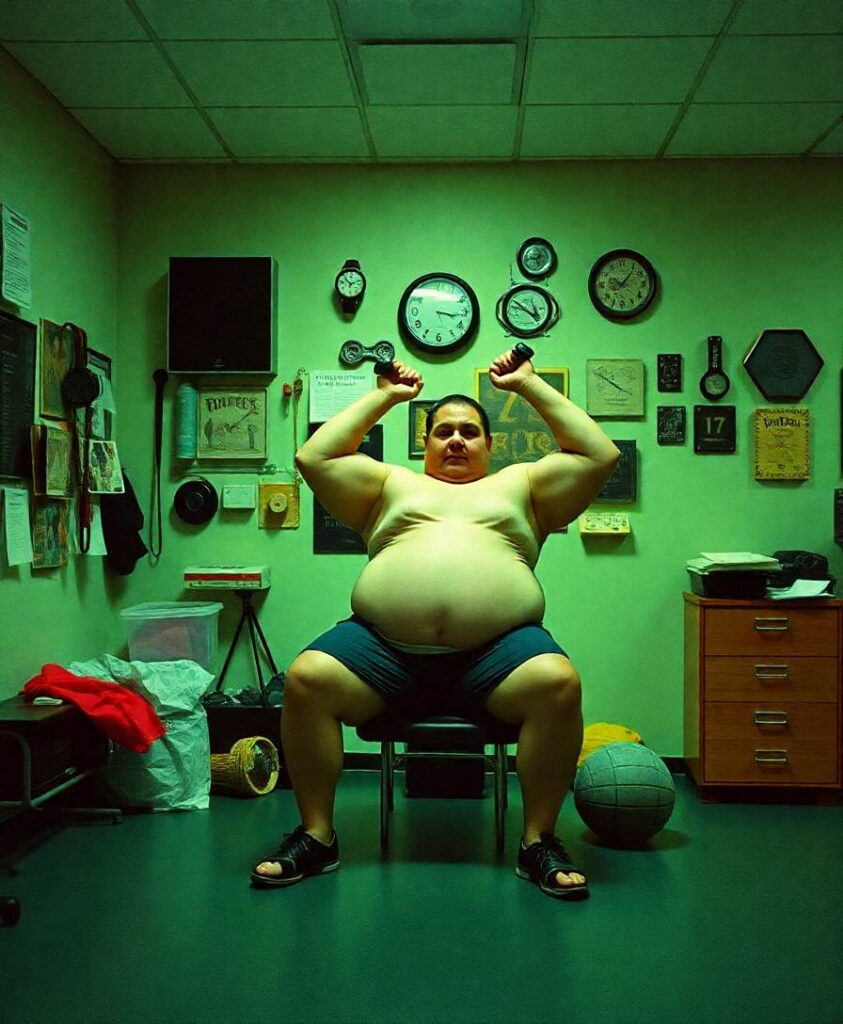Going all out equals more gains or does it?
Training to Failure – Is it Necessary?
Imagine you’re trying to run a mile race. You could sprint as fast as you can from the starting line to the finish. But research suggests that holding back and pacing yourself may actually lead to better performance and results. Similarly, when it comes to weightlifting and building muscle, going all out until failure may not be necessary for maximizing gains. While training to failure can be an effective way to challenge your muscles and stimulate growth, it may not be the only path to success. Scientific studies have shown that stopping short of failure and leaving a few reps in the tank can still activate muscle fibers and promote muscle growth. So don’t feel obligated to push yourself to your absolute limits every time you hit the gym. Instead, consider incorporating different training techniques, like progressive overload or time under tension, to keep your muscles guessing and continuously adapting. By exploring a variety of approaches, you can find the right balance between pushing yourself and preventing burnout. The key is understanding your body’s signals and adjusting your workouts accordingly.
Li Wei is a Chinese-Canadian neuroscientist in Vancouver, studying brain plasticity and lifelong learning. He contributes articles on harnessing neurotechnology to expand human capabilities, drawing from his experiences in cross-cultural innovation hubs.


